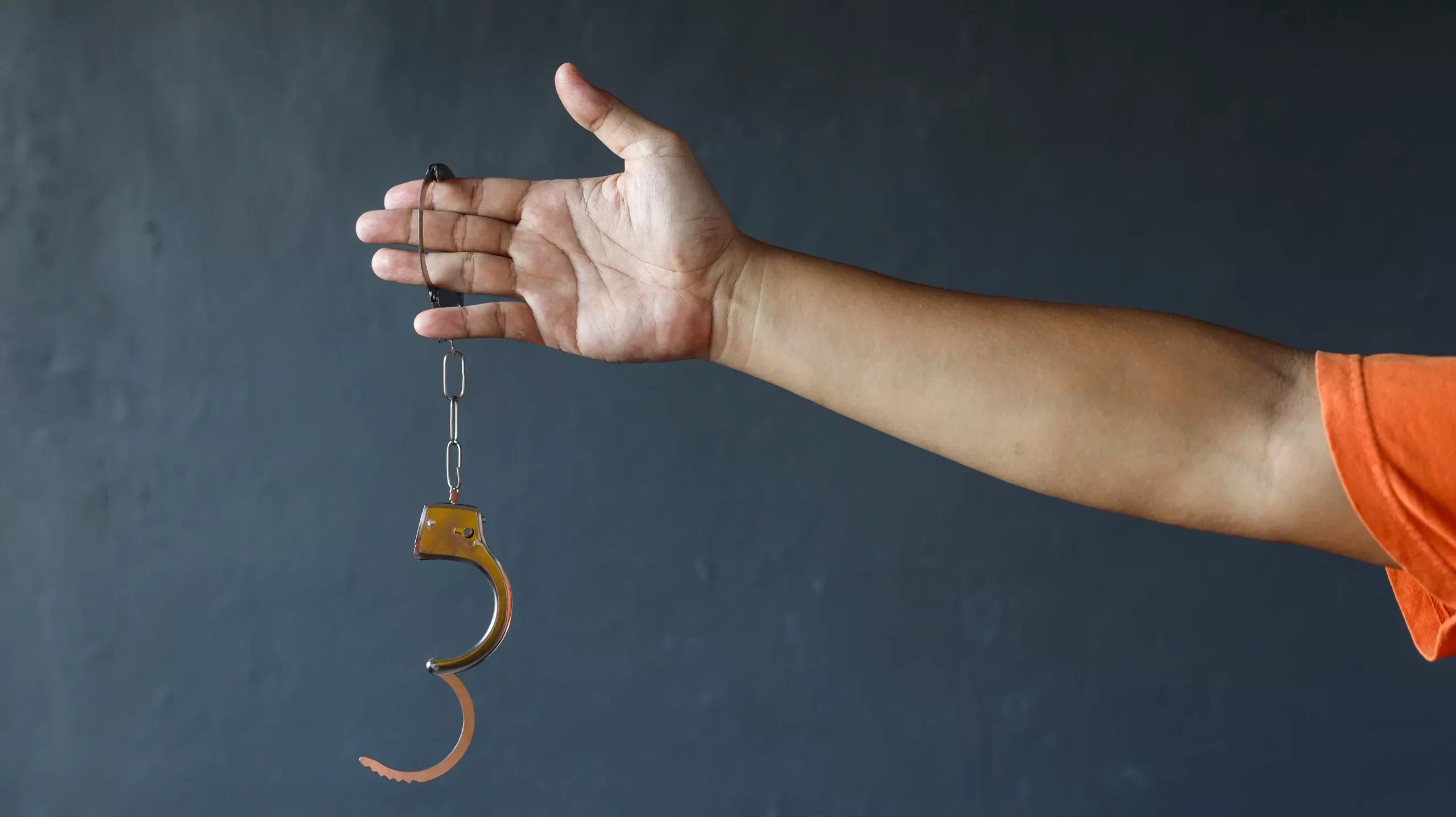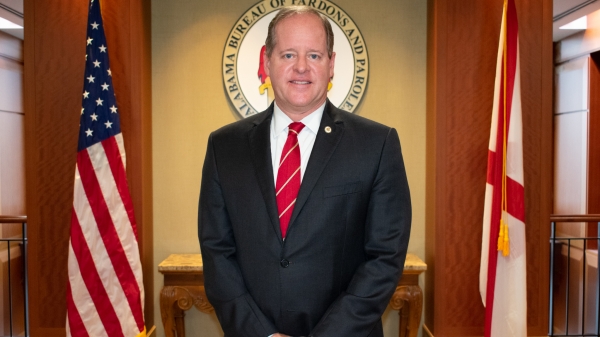A group of Alabama officials and lawmakers sat down Tuesday to begin their work toward cutting the state’s recidivism rate in half by 2030.
The Alabama Commission on Reentry had been previously formed and lapsed but has been renewed with the goal of reducing recidivism.
The board is chaired by Cam Ward, director of the Alabama Bureau of Pardon and Paroles, and includes lawmakers and representatives of many organizations that touch the criminal justice system including ALEA, the Department of Corrections, the community college system, the Southern Poverty Law Center and more,.
“This is a very complicated subject,” Ward said. “And it’s not one agency or entity that’s going to fix it.”
Reentry 2030 is a program facilitated by the Council of State Governments Justice Center, with four other states joining Alabama in seeking to cut the recidivism rate.
According the CSG Justice Center, Alabama had a recidivism rate of 29 percent in 2018, the most current numbers available. That rate represents individuals who were reincarcerated within three years of release from the prison system. That rate is improved slightly from 34 percent in 2008.
The commission focused on increasing collaboration between agencies and organizations.
Ward suggested a central database to identify needs for individuals being released from prison.
“The problem is, my system has an identifier for probation and parolees,” Ward said. “Court has an identifier for those going through the court system. DOC has an AIS number. Nobody has the same number.”
Ward said the Bureau of Pardon and Paroles is preparing to release a request for proposals to build that very central database, which Ward said can help agencies connect inmates with services based on their specific needs such as addiction and mental health concerns.
“Mental Health could come in and look at my stuff that’s allowed under law,” Ward said. “I can look at their stuff that’s allowed under law … You may not need mental health services. You may have a drug addiction. You may not have either one. But if we had a unique identifier we could evaluate you and say this is what this person needs. Maybe he’s only got a third-grade reading level; we’ve got to work on that.”
The commission plans to meet monthly to discuss avenues to reduce the recidivism rate ahead of the next legislative session, which begins in February.
“Ninety-five percent of everyone in prison eventually comes out,” Ward said. “You’ve got to figure out what you want to do. I know what I want. I want a safe society. I think we all do. But that doesn’t come cheap. That comes with better resources and efforts to making sure they’ve got a job. THey’re able to fix their underlying issue. Stable housing, stable income. And I think we can do this. I think it’s a goal that we all share in common.”





















































